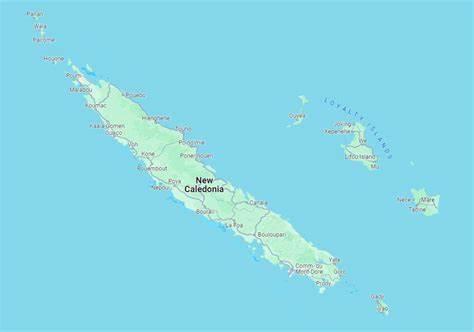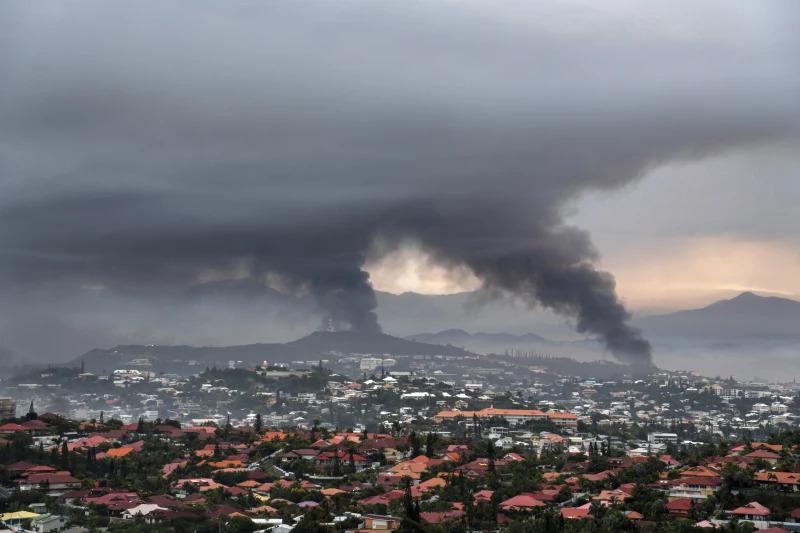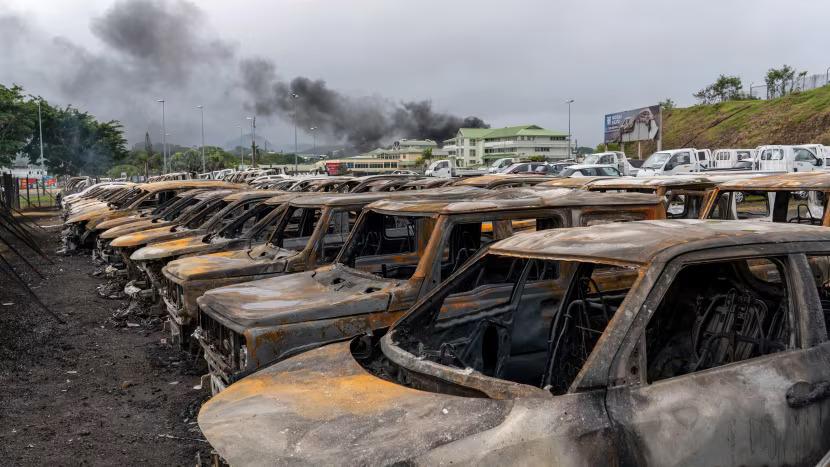The roots & ramifications of riot in New Caledonia France against universal principles
New Caledonia, an archipelago in the South Pacific under French control, is currently embroiled in deadly violence. This unrest was sparked by a controversial constitutional amendment allowing recent arrivals to vote in provincial elections, which many local leaders fear will dilute the indigenous Kanak vote. Understanding the depth of this conflict requires examining New Caledonia's colonial history, its geopolitical significance, and the broader implications of its nickel industry.
Historical context & colonial legacy
New Caledonia, located approximately 1,500 km east of Australia, has a population of around 270,000, comprising 41% Melanesian Kanaks and 24% Europeans, mainly of French origin. The island was named by Captain James Cook in 1774 and annexed by France in 1853. Initially used as a penal colony, it became a French overseas territory in 1946. The 1970s nickel boom intensified immigration, leading to heightened tensions between the indigenous Kanak population and French settlers.

The Noumea Accord of 1998 was a significant milestone, establishing a pathway to greater autonomy and limiting voting rights in provincial elections to those residing in New Caledonia before 1998 and their descendants. This was designed to ensure greater representation for the Kanaks, who had become a minority in their own land. Despite three referendums rejecting independence, the legitimacy of these votes has been questioned, especially the 2021 referendum, which was boycotted by pro-independence groups due to the COVID-19 pandemic.
Geopolitical significance
New Caledonia's strategic importance is multifaceted. It is central to President Emmanuel Macron’s vision of expanding French influence in the Indo-Pacific region, where the balance of power is increasingly contested by China and the United States. Macron has framed France's involvement as essential to maintaining a "rules-based development" framework, subtly pointing to China's growing assertiveness.
The archipelago's geopolitical significance is amplified by its substantial nickel resources. With an estimated 25% of the world's nickel reserves, New Caledonia is the third-largest producer globally, contributing 6% to the world’s nickel supply. Nickel is crucial not only for stainless steel production but also for lithium-ion batteries, integral to the burgeoning electric vehicle (EV) market. The island’s nickel industry thus has significant implications for global supply chains and economic strategies aimed at transitioning to sustainable energy sources.
Current crisis & economic impact
The recent constitutional amendment permitting new residents to vote in provincial elections has reignited long-standing tensions. Kanak leaders view this move as an existential threat to their political representation and cultural identity. The ensuing riots have led to severe disruption, including the closure of the international airport, imposition of curfews, and widespread arson and looting.

This instability has had immediate repercussions beyond New Caledonia's borders. Hundreds of tourists are stranded, and the unrest has driven nickel prices to a nine-month high. The island's two major nickel-processing facilities, Doniambo and Koniambo, are critical to the global nickel market, particularly for stainless steel production.
France's response to the crisis underscores the strategic value it places on New Caledonia. The swift imposition of a state of emergency and the planned talks in Paris reflect an urgent desire to stabilize the situation, primarily due to the territory's economic and strategic importance. Nickel's role in the EV industry and its broader industrial applications make New Caledonia a linchpin in global supply chains.
China's interest in global nickel resources, particularly through its substantial investments in Indonesian production, adds another layer of complexity. France's control over New Caledonia is partly motivated by a need to counterbalance China's influence in the region and maintain a foothold in critical mineral markets.
Long-term implications
The ongoing unrest in New Caledonia highlights the fragile equilibrium between colonial legacies and modern geopolitical strategies. While the immediate crisis may push nickel prices higher and prompt industry-wide adjustments, the long-term stability of New Caledonia remains uncertain. The resolution of this conflict will require balancing the rights and aspirations of the indigenous Kanak people with the strategic interests of France and the broader international community.

In conclusion, the riots in New Caledonia are a manifestation of deep-seated historical grievances, strategic geopolitical maneuvers, and critical economic dependencies. As the situation unfolds, it will not only shape the future of New Caledonia but also reverberate through global markets and international relations.








